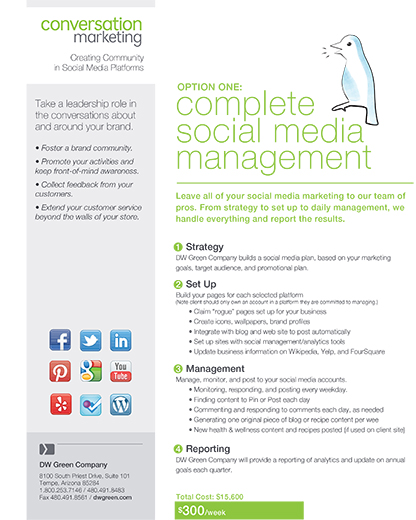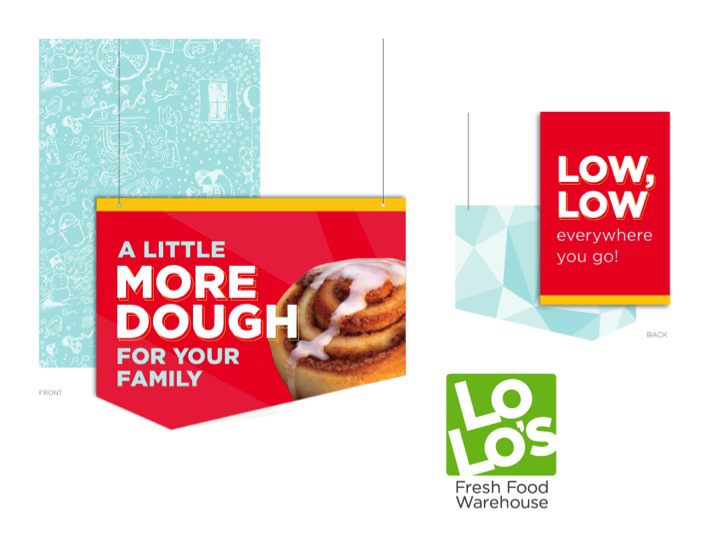Company Blog
Focus Is About Saying "No"
by Ryan Joy — November 12, 2011
In 1997, before Steve Jobs returned as Apple’s CEO, he summarized what it would take to turn Apple around:
“You think, well, focusing is saying ‘yes’.
No. Focusing is about saying ‘No.’
You’ve got to say ‘No, no, no.’ And when you say ‘no’ you piss people off…
But the result of that focus is going to be some really great products, where the total is much greater than the sum of the parts.”
A recent example of this focus is Apple’s refusal to support Flash on iPhones and iPads, in spite of significant market pressure. Earlier this week Adobe ended development for mobile Flash. I don’t know if this is a victory for Apple, but it illustrates how focusing resources and saying “no” to non-essentials has allowed Apple to consistently stay ahead of competitors.
Lack of focus is, in my opinion, the problem with most marketing strategies. It’s common for companies we meet to want to do everything. Our job then, is to help develop a holistic plan to accomplish their goals, and to help maintain that focus as we execute the plan together.
New initiatives appear suddenly and spread like weeds around your core activities. Someone suggests an idea in a meeting, another person says “good idea,” and voila, the company now has one more project to squeeze into workflow.
Chris McGoff captures this problem in one of his Primes:
“The Japanese call this MUDA: resources allocated to things that do not address the needs of the mission of the team. MUDA is like corporate cholesterol. It builds up slowly, silently, and continuously until it chokes the system and contributes to a cloying sense of powerlessness.”
Sometimes fear makes it difficult to stay on strategy and eliminate MUDA.
-
Fear of being outdated makes it hard to say “no” to new technologies. For example: a branded iPhone app doesn’t fit your customer, but you do it to stay on the cutting edge.
Fear of being different makes it hard to say “no” to whatever the competition is doing. For example: a loyalty card doesn’t forward your priority goals, but all three of your top competitors have one, so you decide to do it too.
Fear of the unknown makes it hard to say “no” to what you’ve always done. For example: you find that the weekly print ad doesn’t justify the expense, but you don’t consider eliminating it, because it would require rethinking everything.
If you have documented your purpose, values, and strategic goals, these frame the fundamental “yes” of your organization. They provide the clarity to radically edit your activities, confident that you know what matters most.
Filed Under: Company Blog





















































